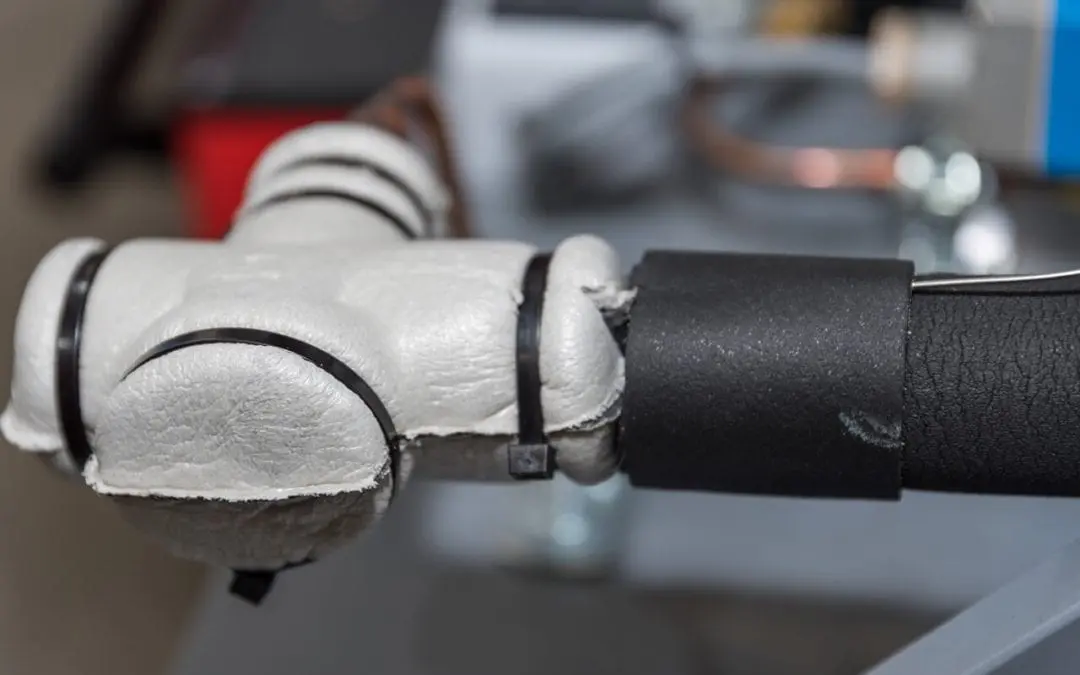Ahead of winter, you’ve likely already stocked up on firewood for the fireplace, installed new weatherstripping, and sealed gaps and cracks around the windows. While it’s important to keep your family warm and comfortable during the colder weather, also be sure to prepare your plumbing for winter. Here are some ways to protect the pipes in your home and prevent leaks and water damage.
Prepare Your Plumbing for Winter by Shutting Off the Water Outdoors
To protect pipes, shut off the water to outdoor faucets and the sprinkler system. Drain the sprinkler system and your outdoor taps. Remove the garden hose and empty the water from it. Store the hose indoors during cold weather. Without water, the pipes and hose won’t be damaged by freezing temperatures.
Keep the Thermostat Above 55 Degrees
If your home is newer and well-insulated, 55 degrees is the lowest safe temperature for protecting plumbing from freezing. If your home is poorly insulated, keep the indoor temperatures at 68 degrees.
Install a smart thermostat that allows you to control the temperature of your home using your smartphone. Even if you’re away, you’ll be able to adjust the temperature to keep the plumbing safe on cold days.
Insulate the Pipes to Prepare Your Plumbing for Winter
Pipe insulation is inexpensive and easy to install. Insulate pipes in unheated areas and pipes that run along exterior walls. Check the basement, garage, and attic to make sure you don’t overlook plumbing in those areas.
Pipe insulation is usually made of foam and simply slips over the pipe to protect it. Use duct tape to hold the insulation in place. If you live in a climate where the temperature frequently drops below 20 degrees, apply electric heat tape to your pipes before covering them in insulation. The heat tape plugs into a power outlet and helps to keep the pipes warm.
Open the Interior Doors of Your Home
Keeping the house at a consistent temperature will help prevent pipes from freezing. Open the interior doors to keep heat circulating through your entire house.
Cold air can become trapped under the kitchen and bathroom sink. On evenings when the temperatures are forecast to be below 20 degrees, open cabinet doors to expose pipes under the sinks. The warm air in your home will circulate beneath the sinks and help keep the pipes from freezing.
Turn on the Tap
When temperatures drop below freezing, the water in the pipes can freeze and expand, leading to cracked pipes. Standing water will freeze more quickly than running water, so turn on your tap to a very slow drip. The water flow will reduce the pressure in the pipes, making it less likely that damage will occur.
Leaving the tap slightly open is an easy way to help prevent frozen pipes. If temperatures in your area often drop below 20 degrees, you may notice an impact on your water bill, but the amount will be small compared to the cost of replacing burst plumbing pipes.
Danny Inspections provides home inspection services to customers in the Chicago area. Contact us to request an appointment.

